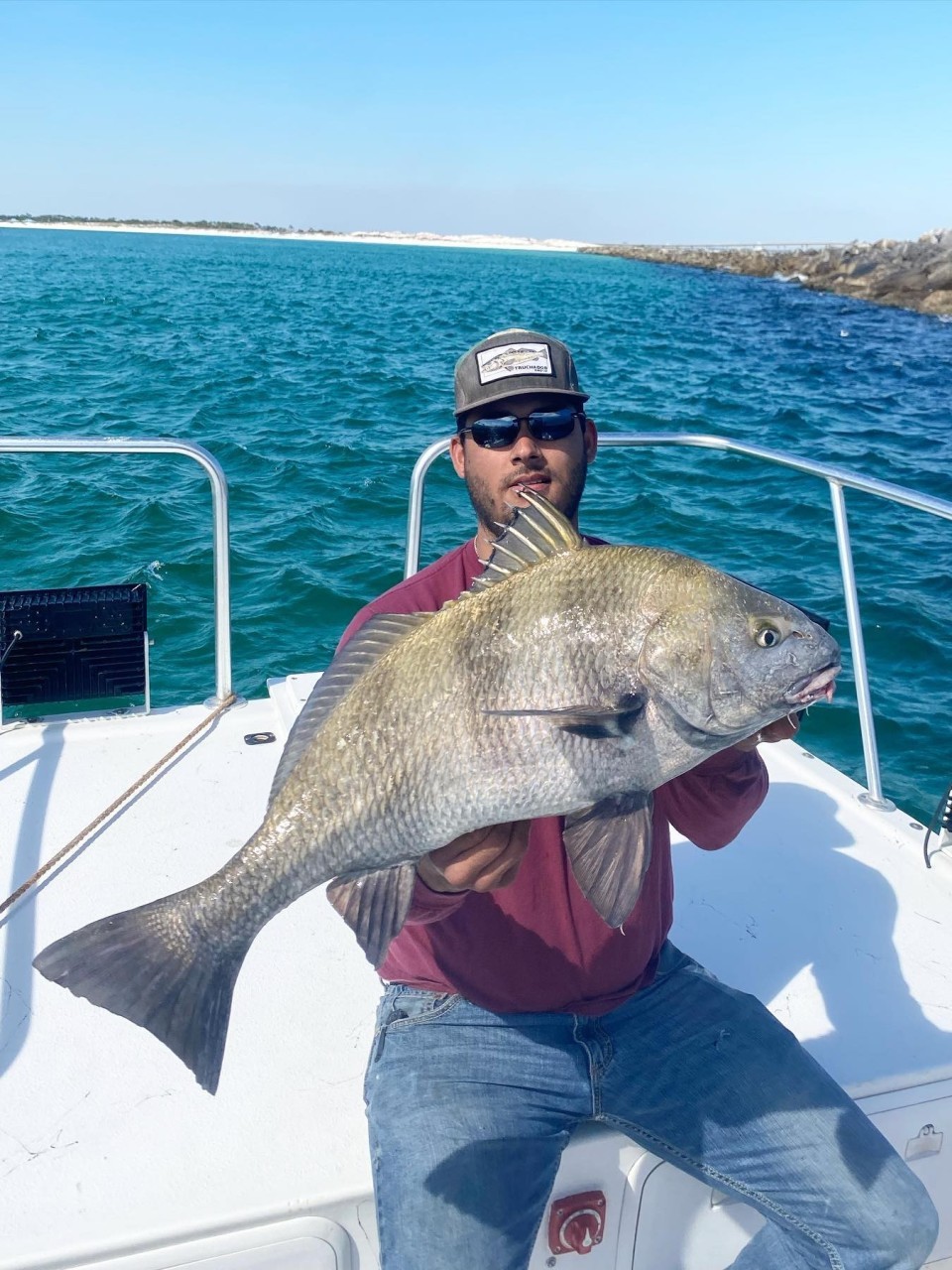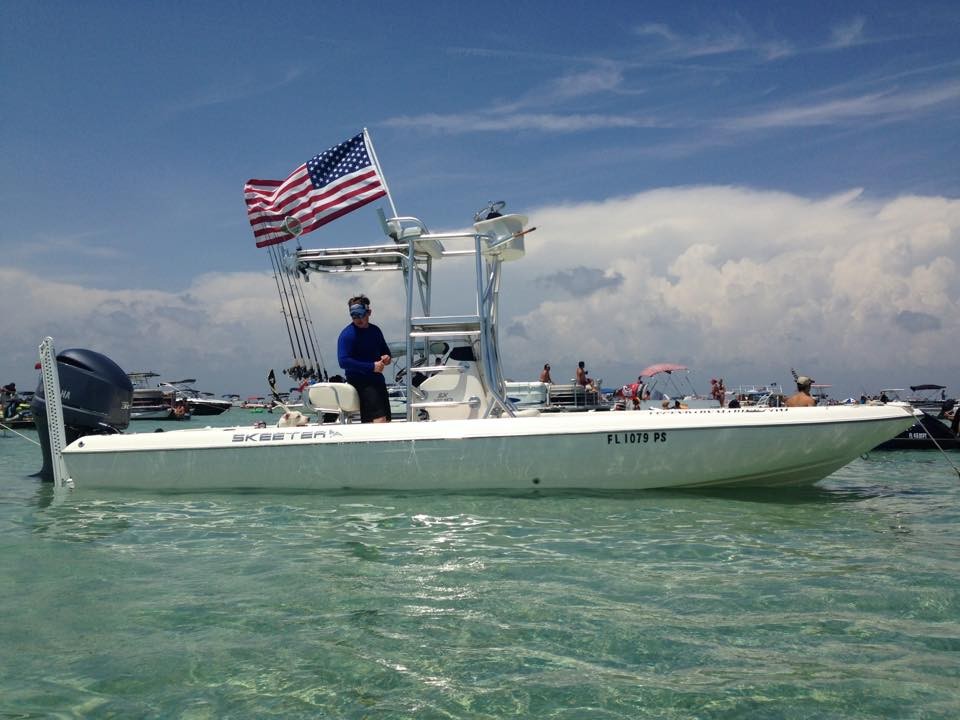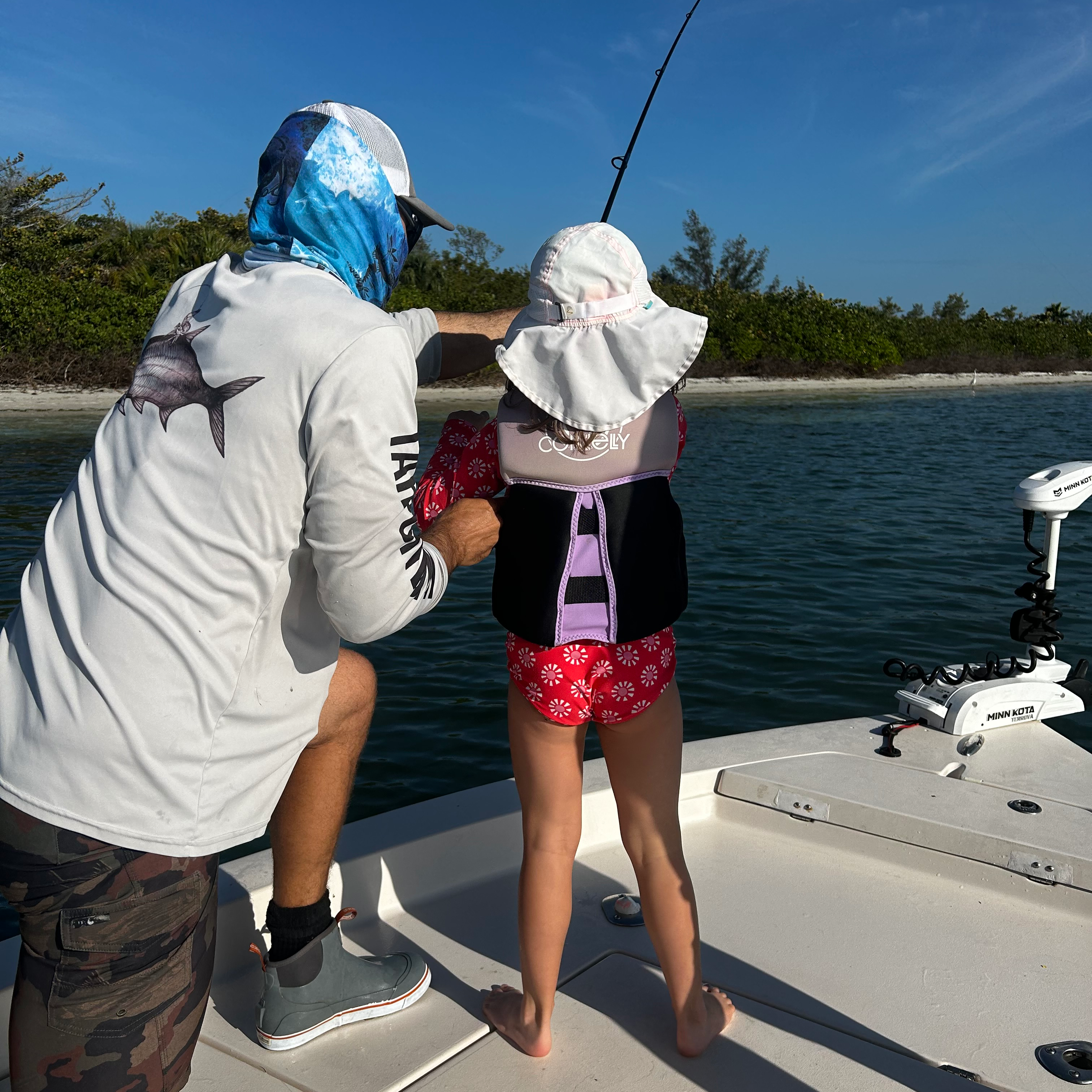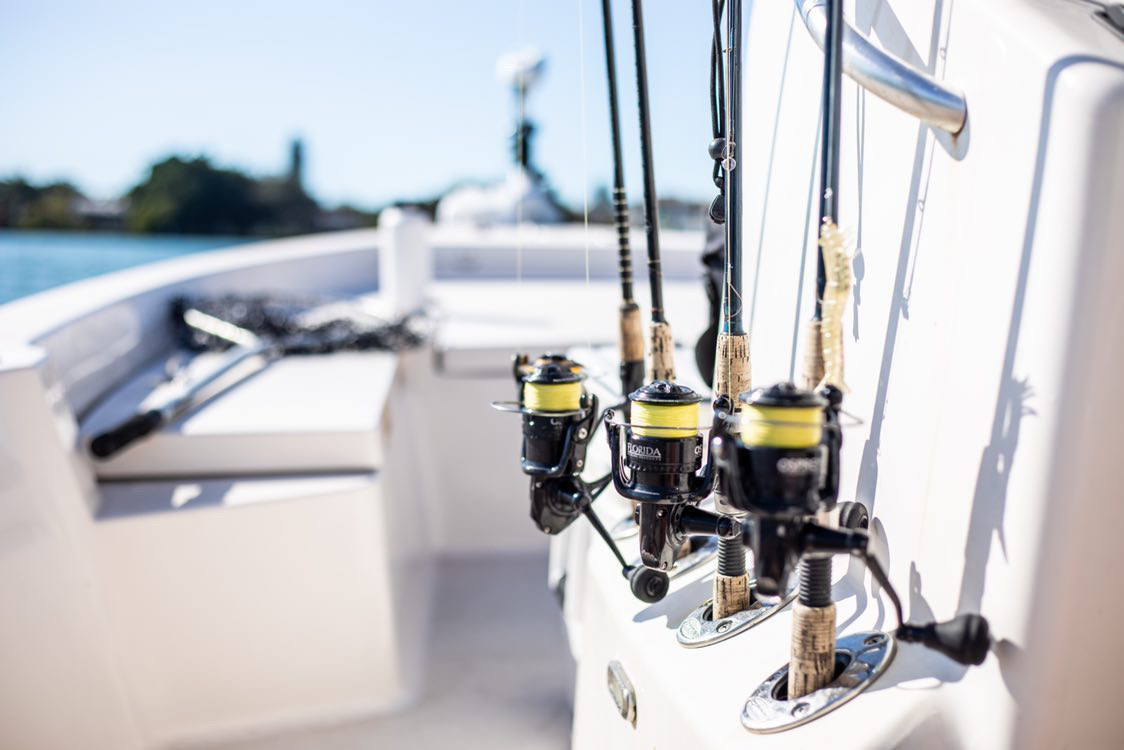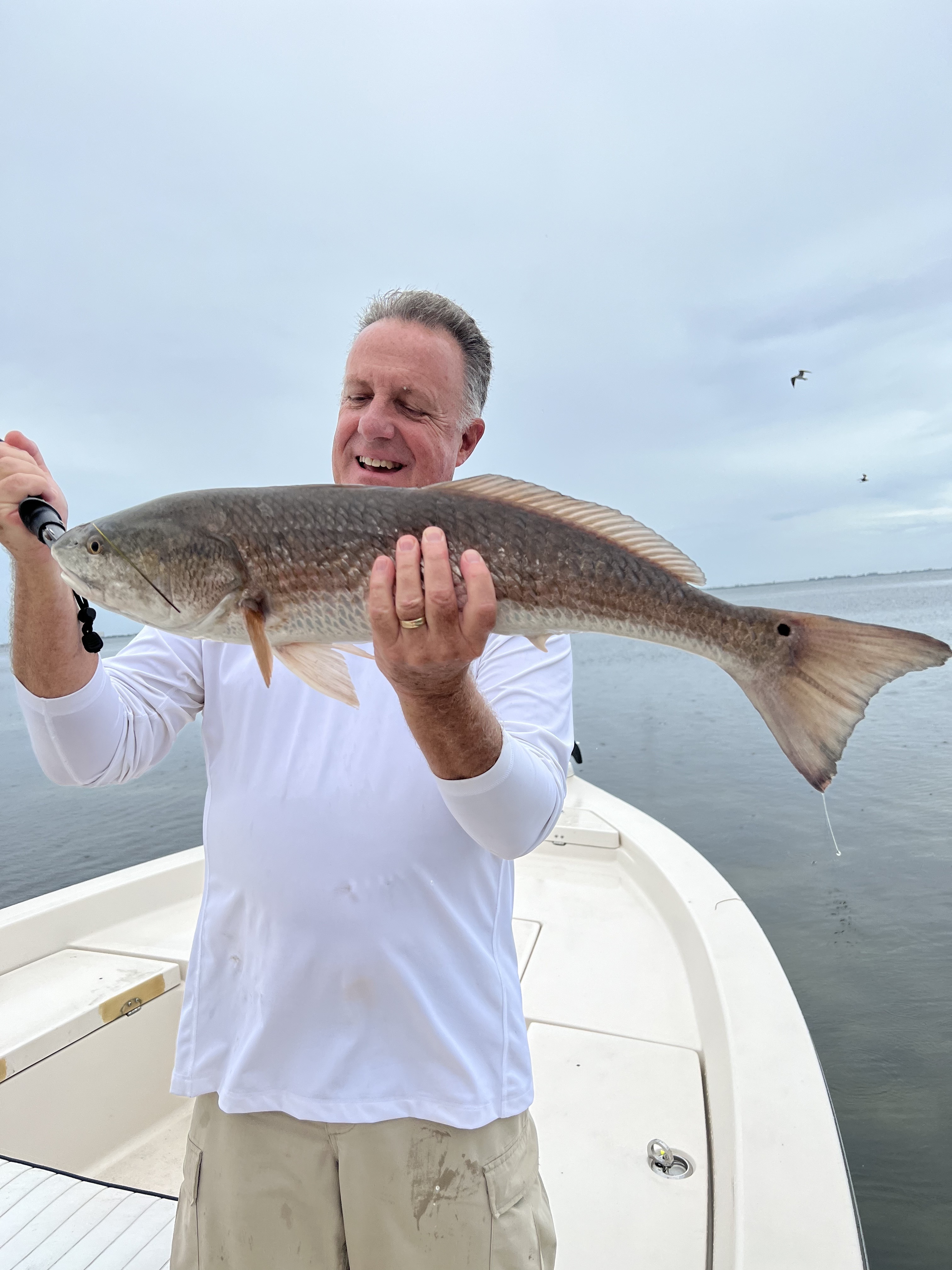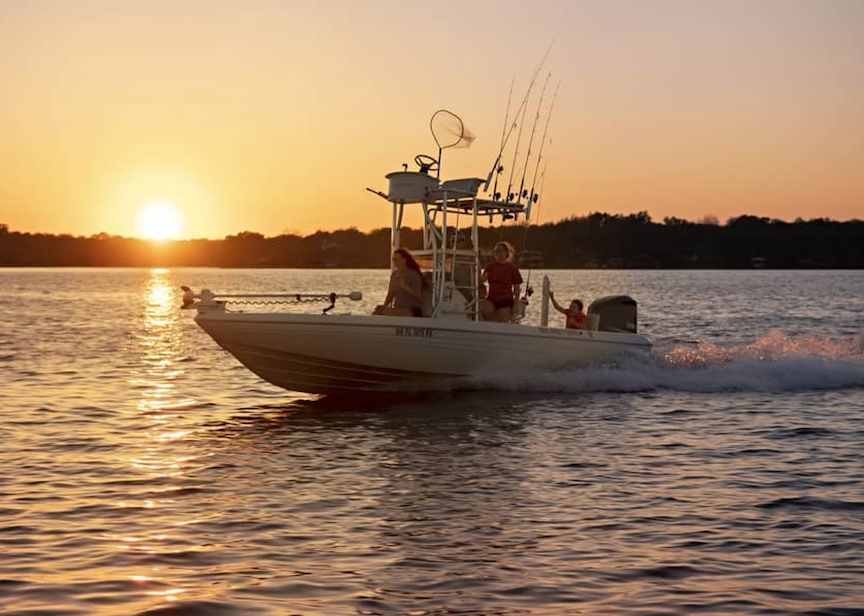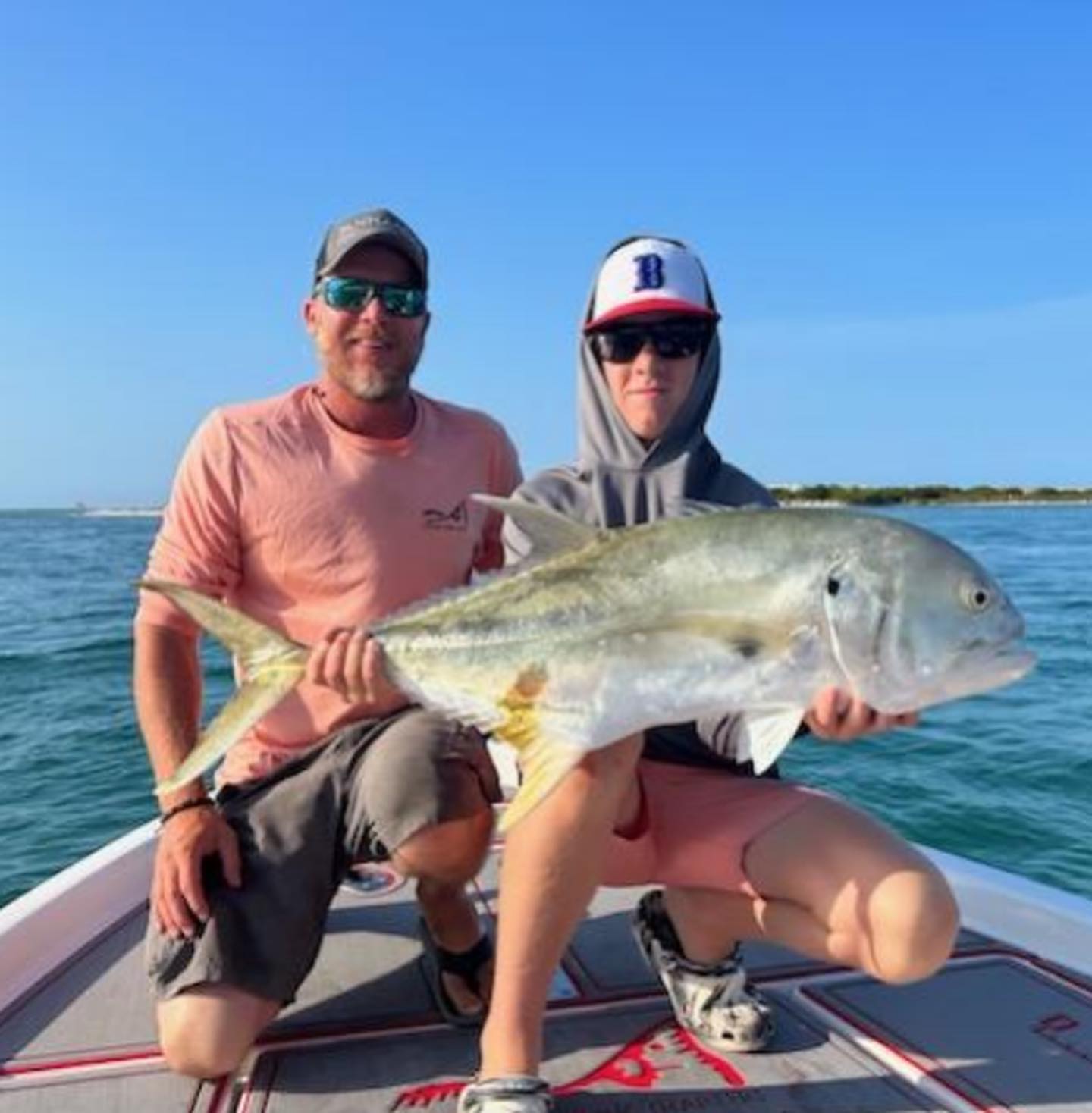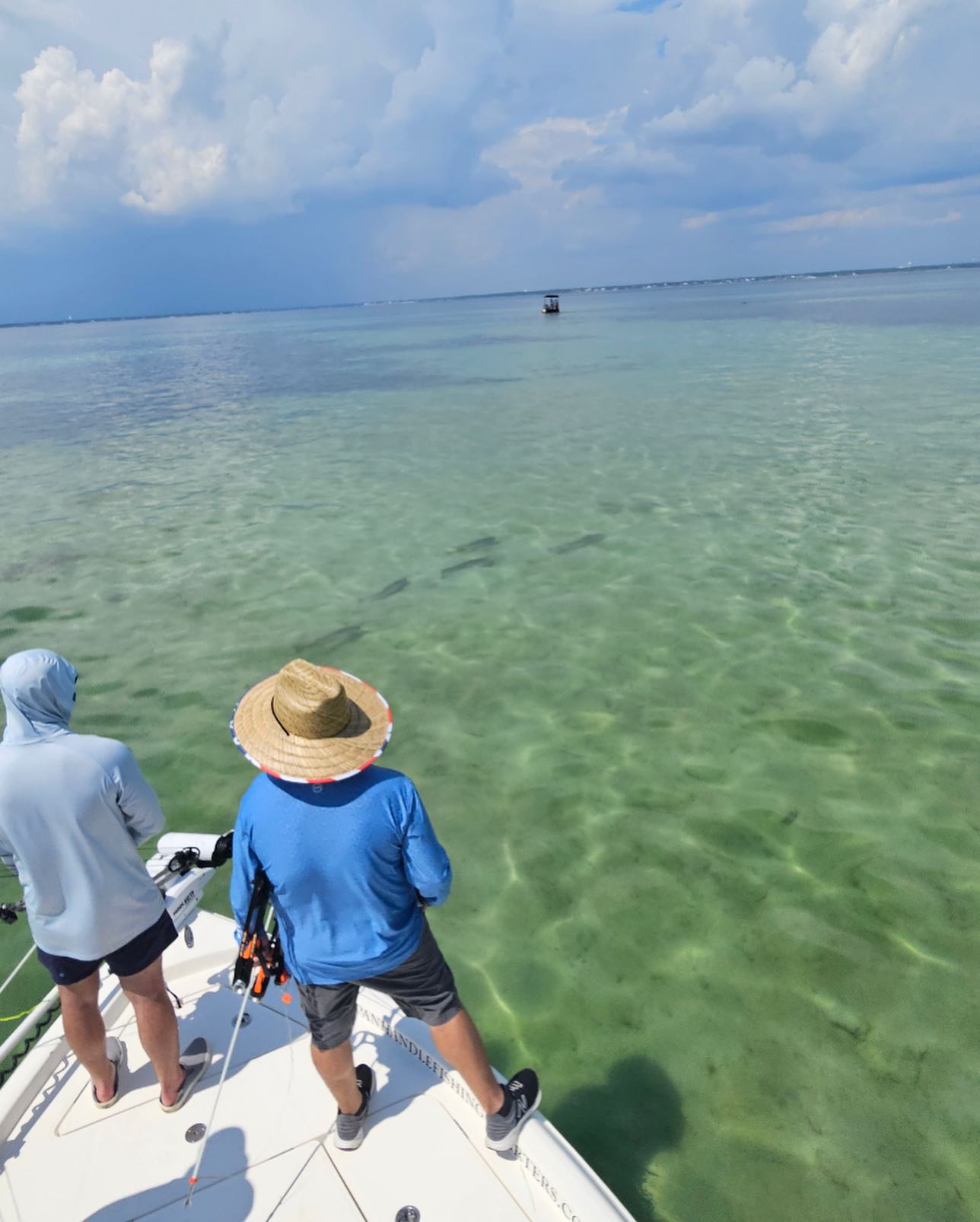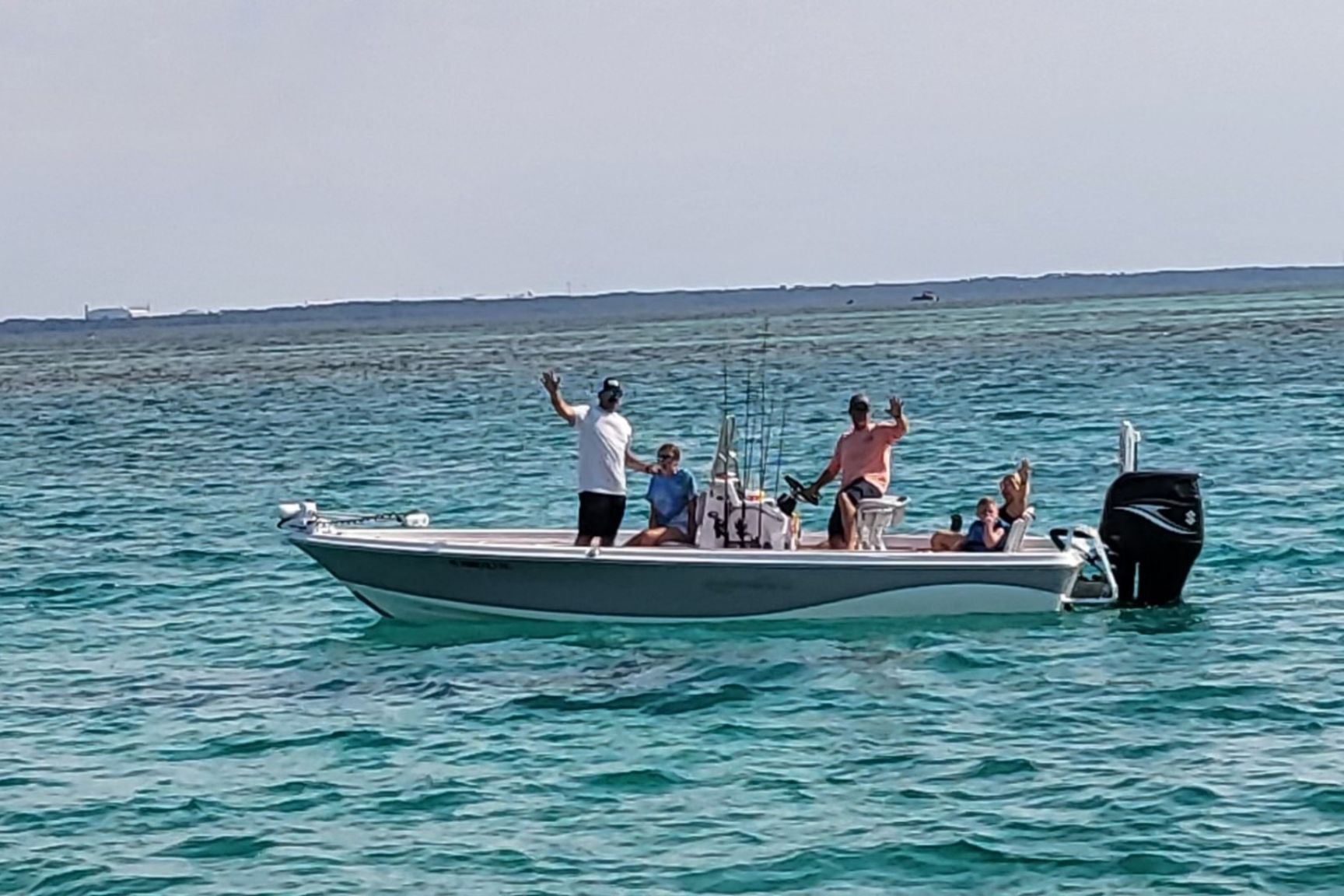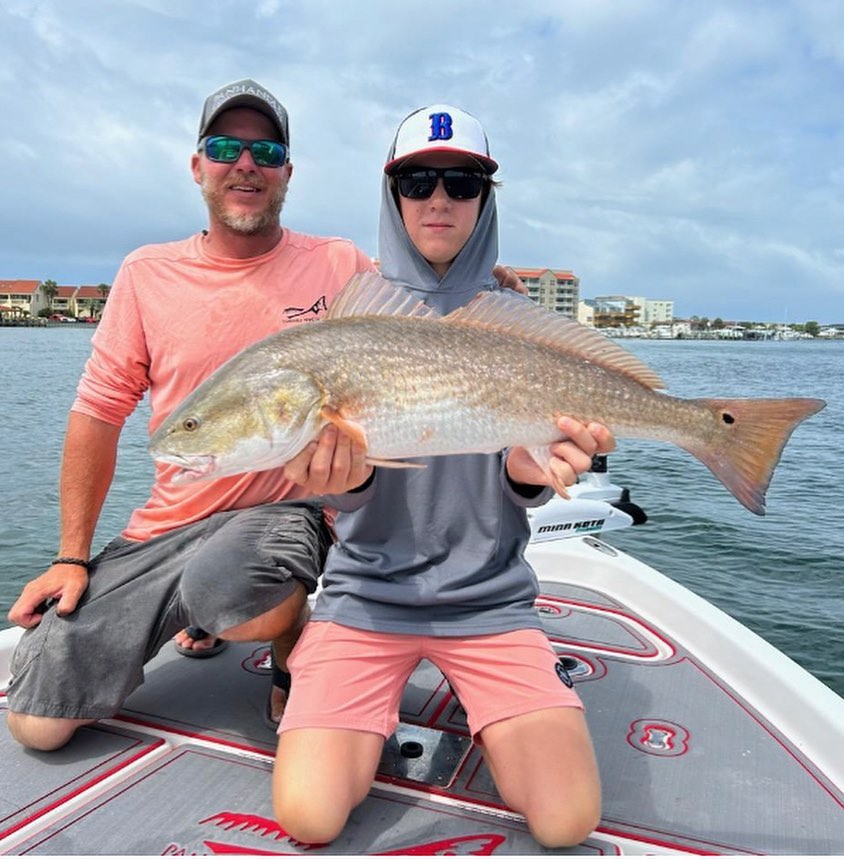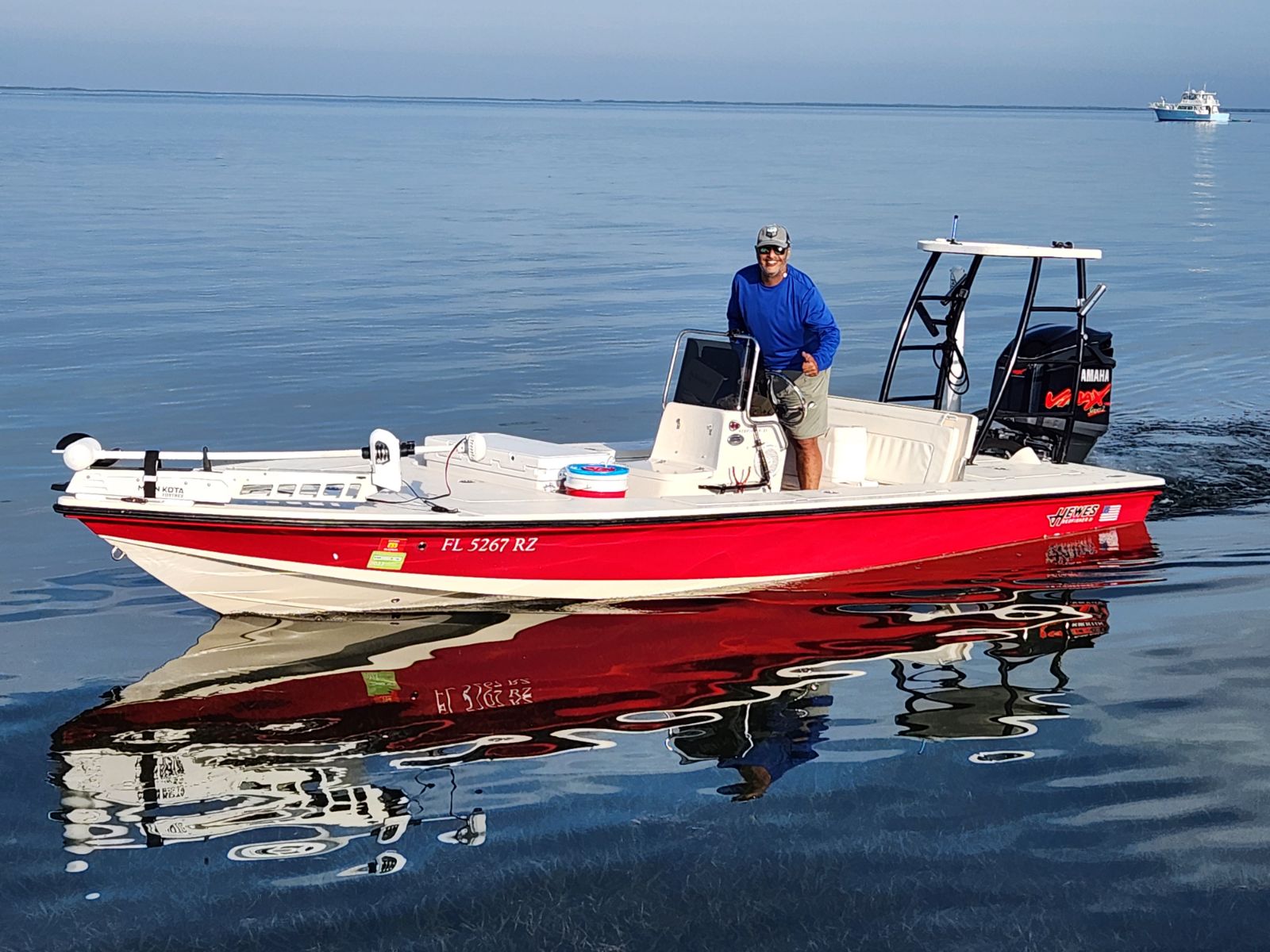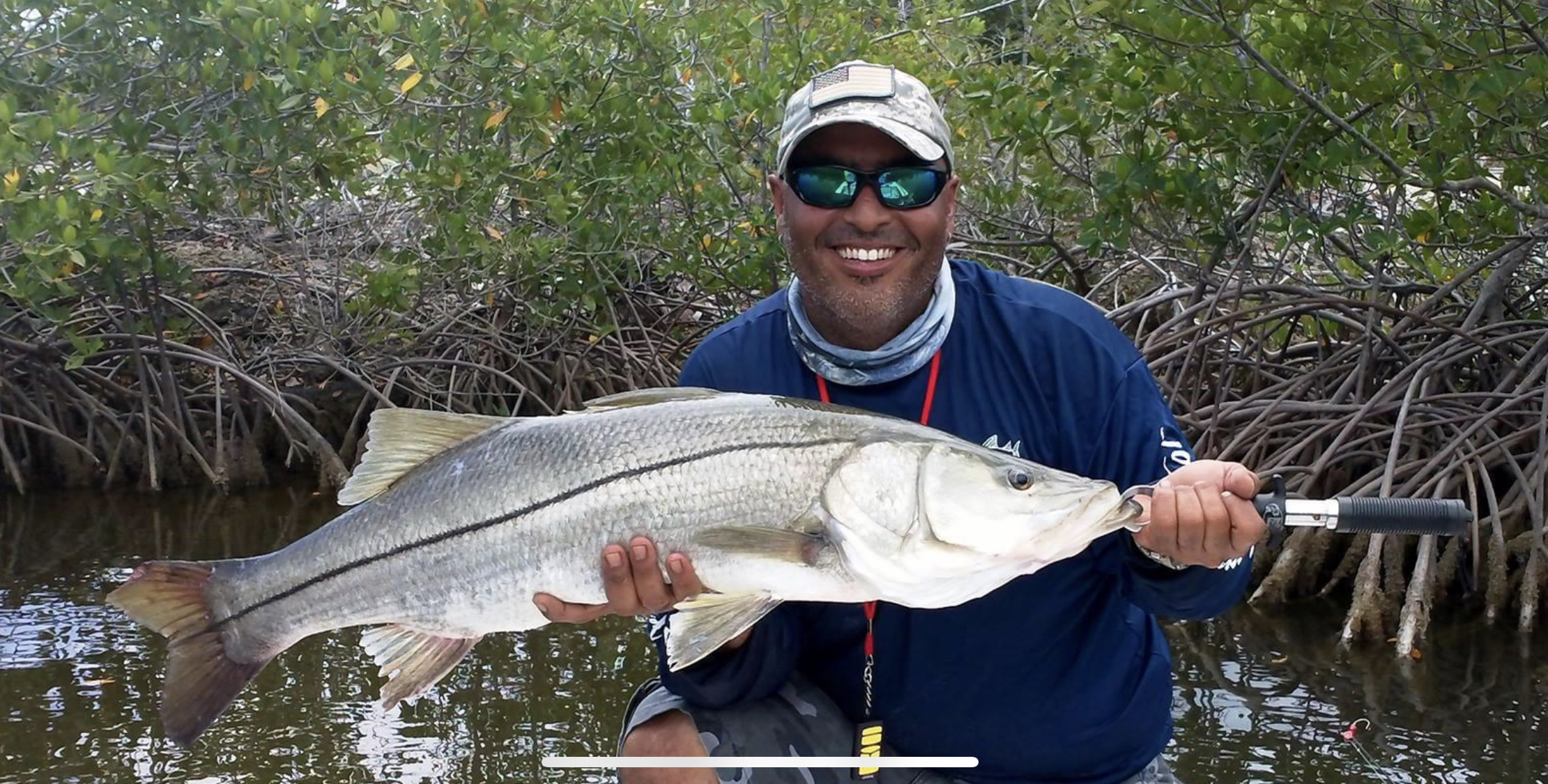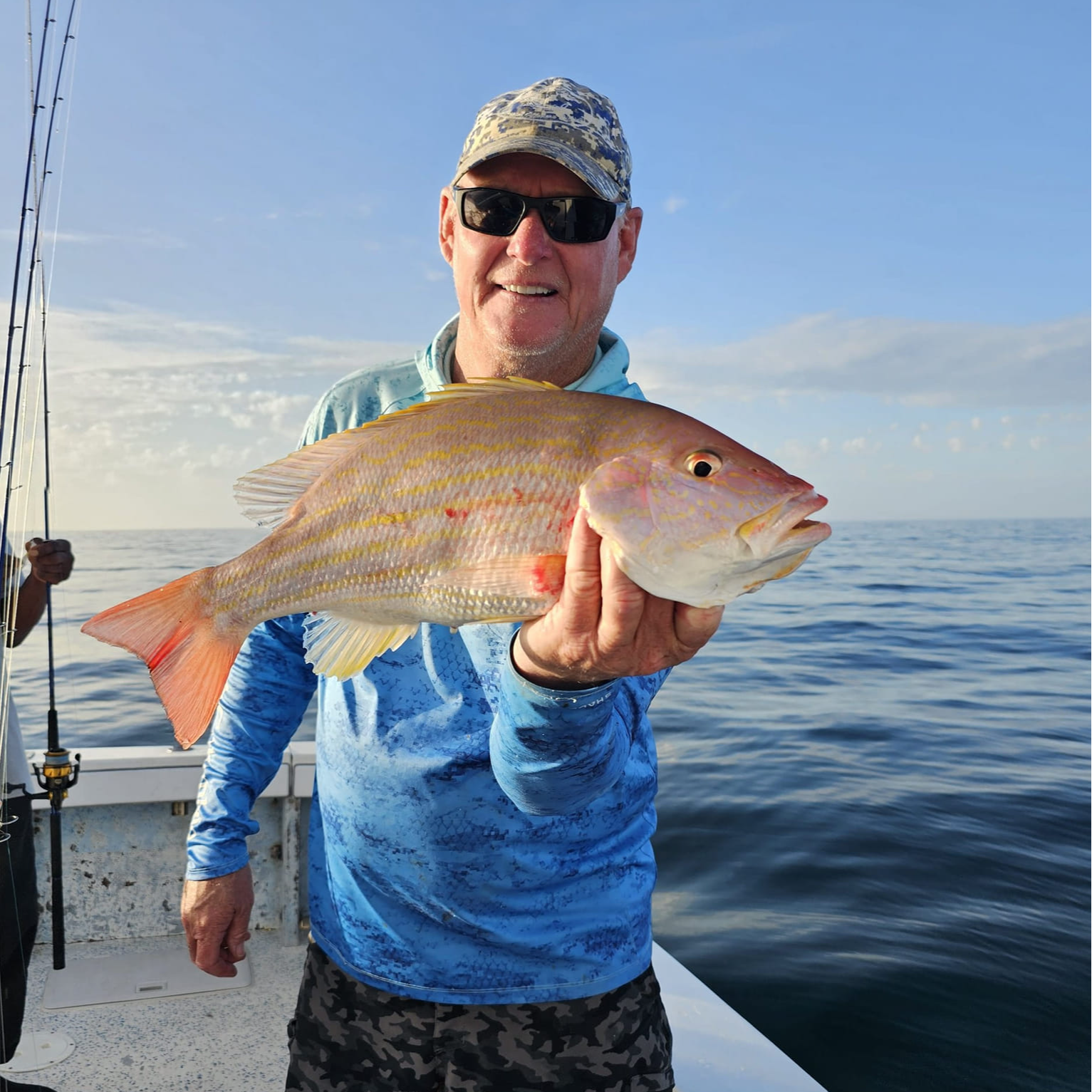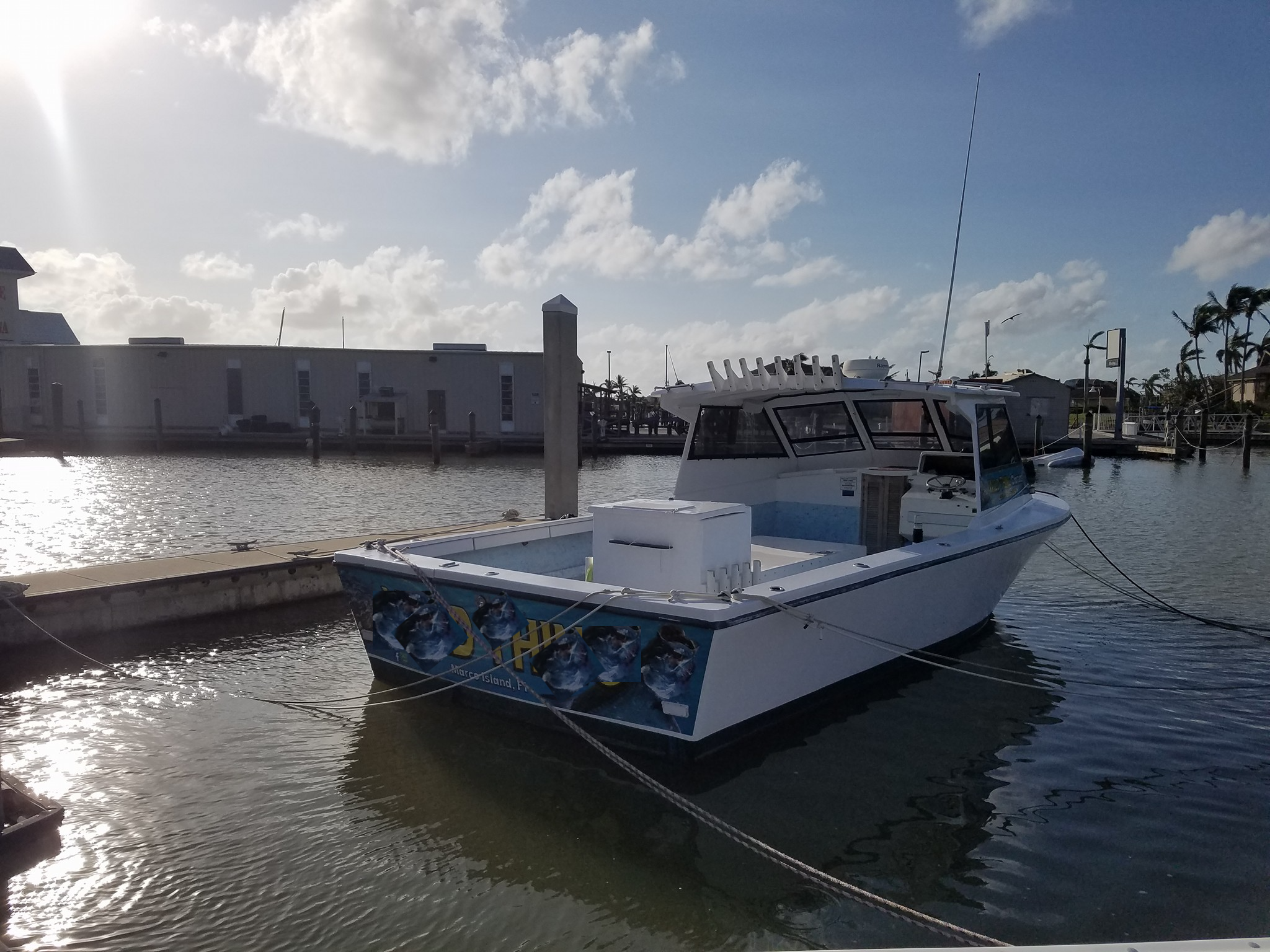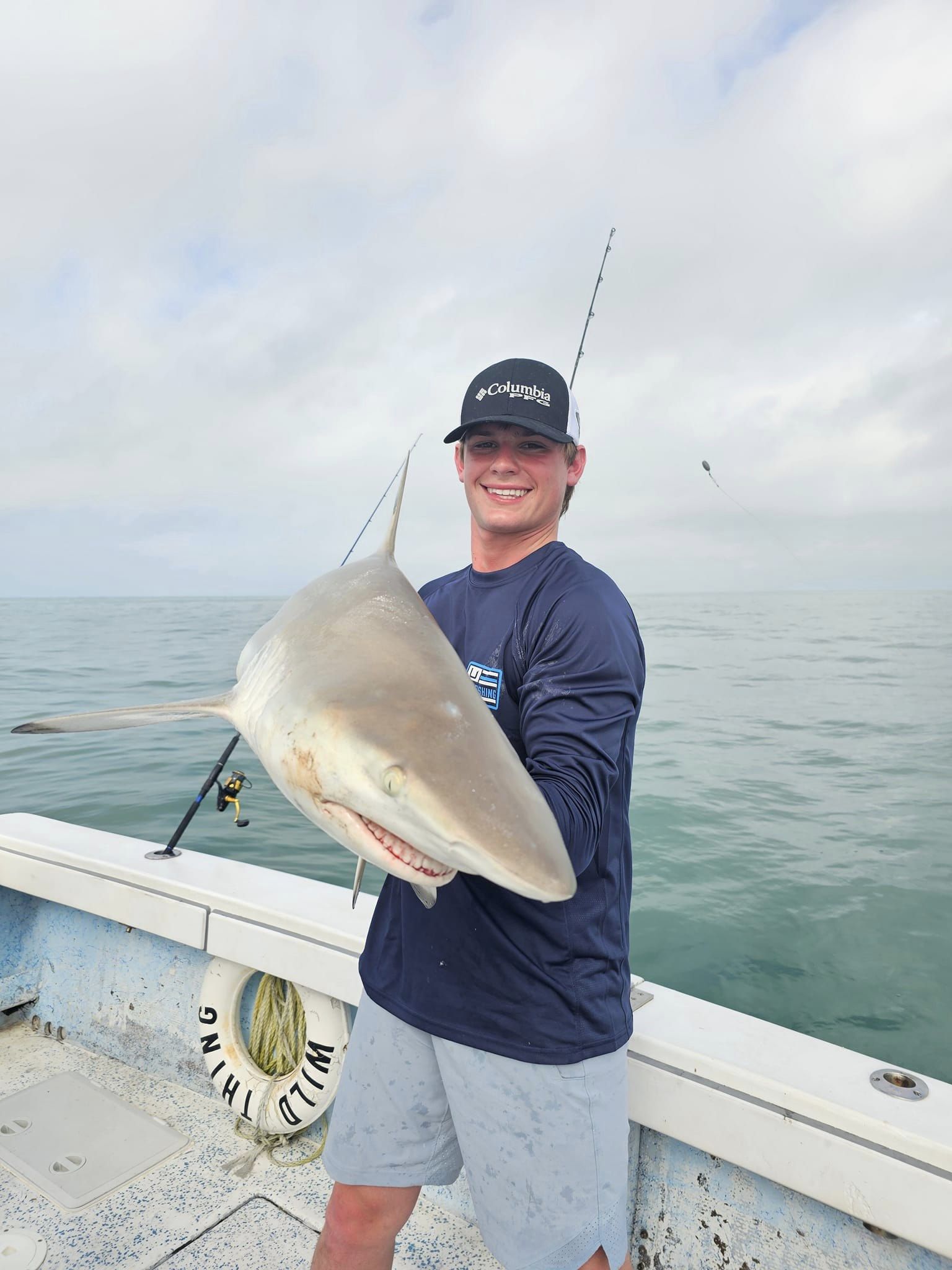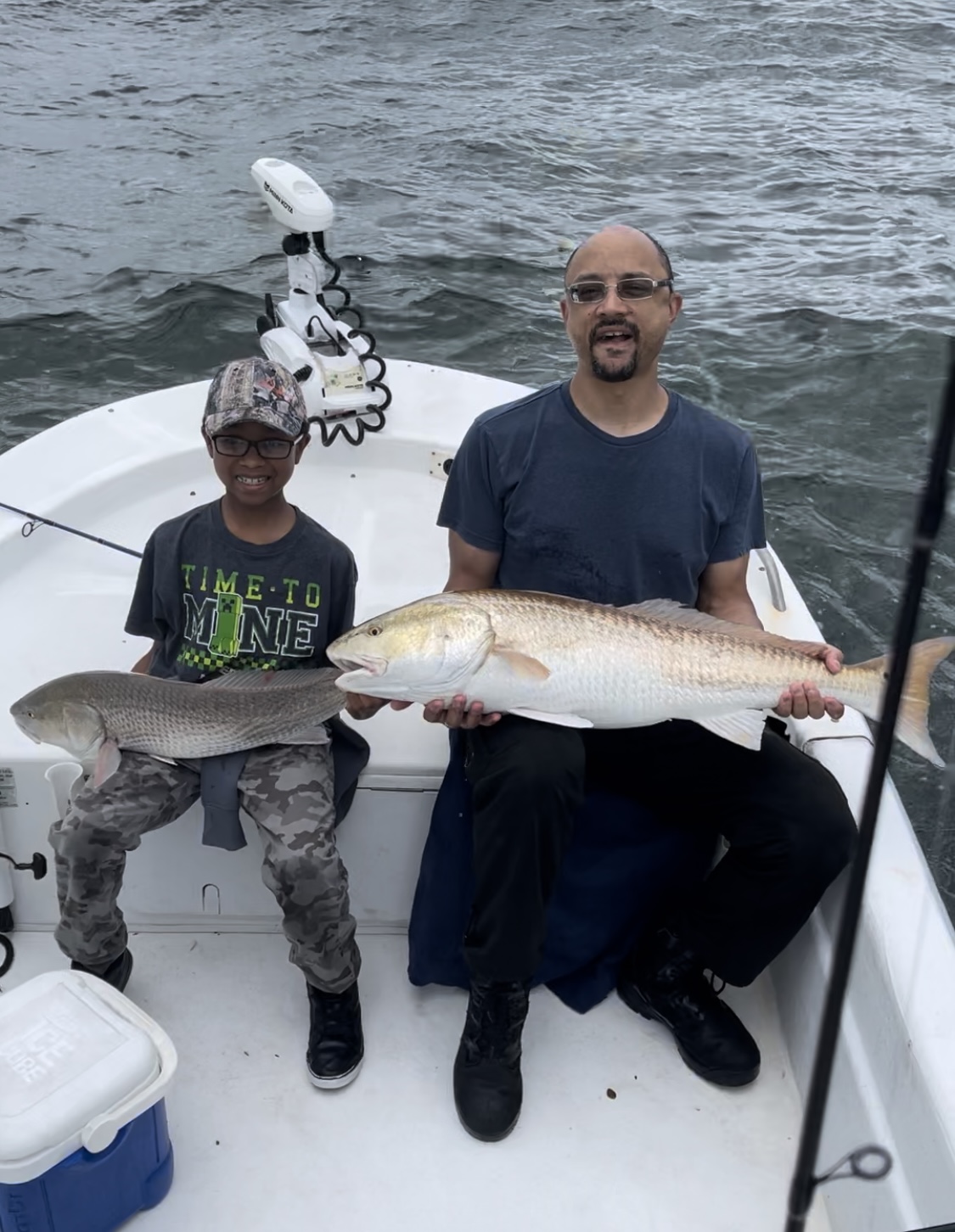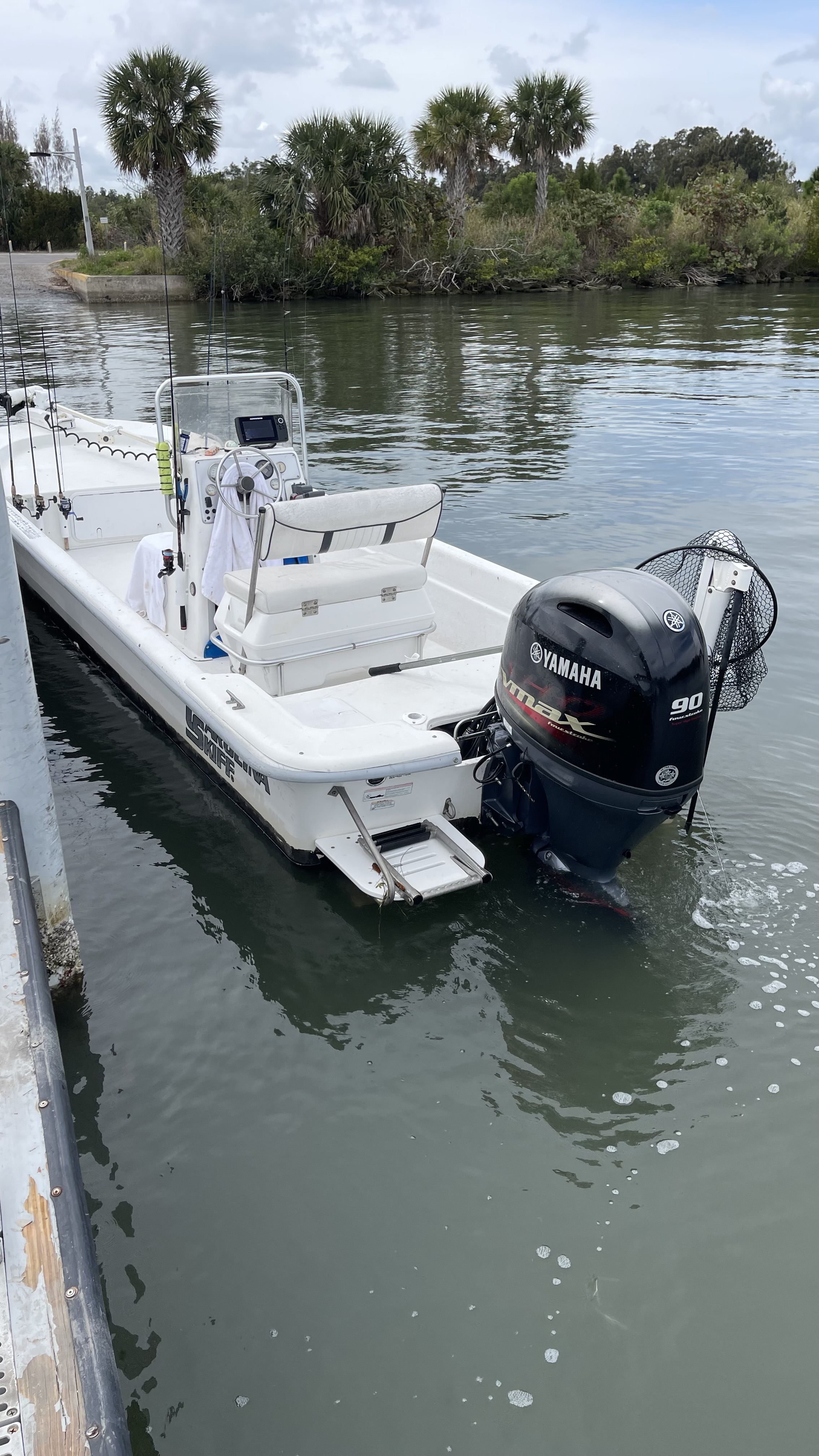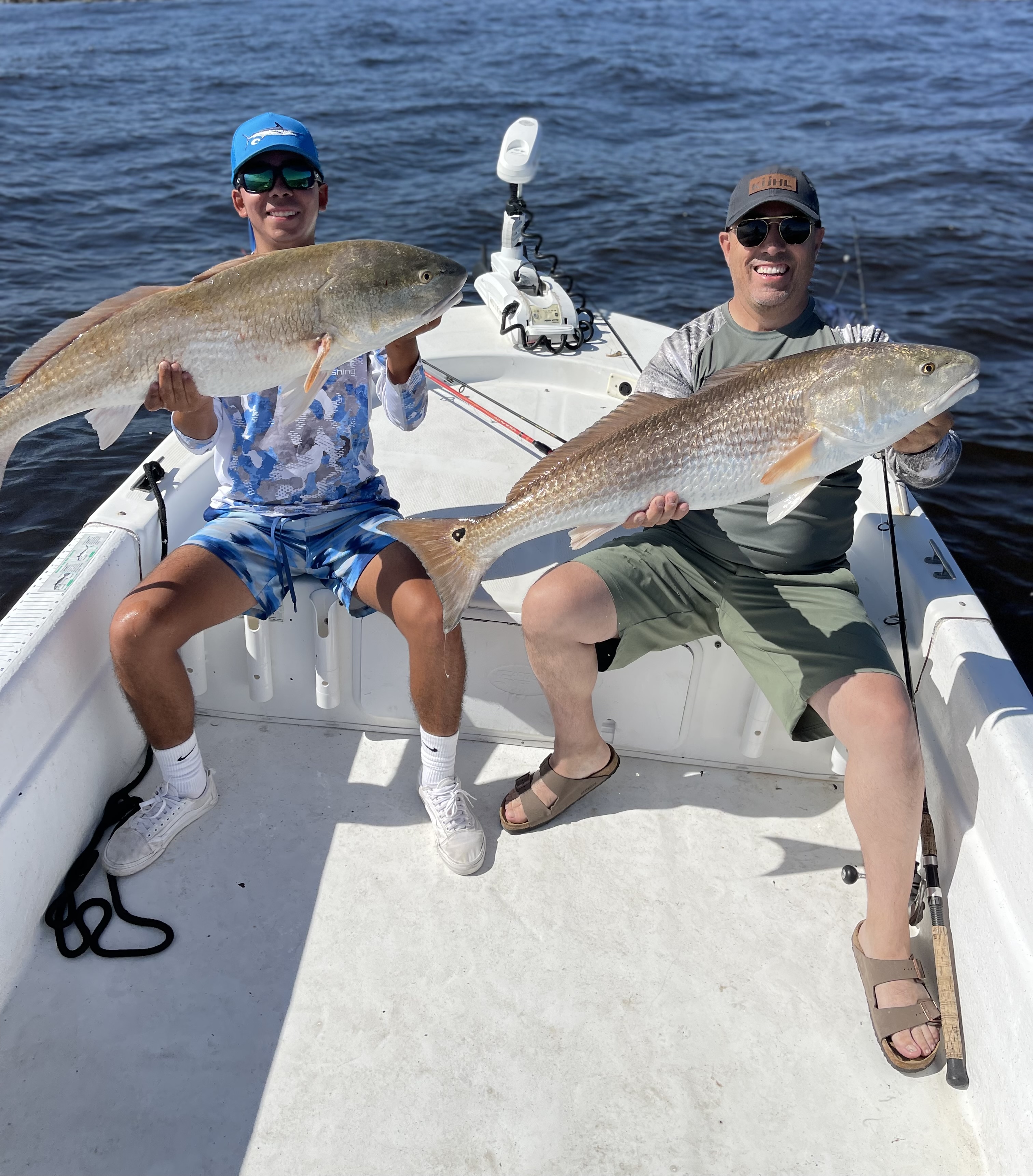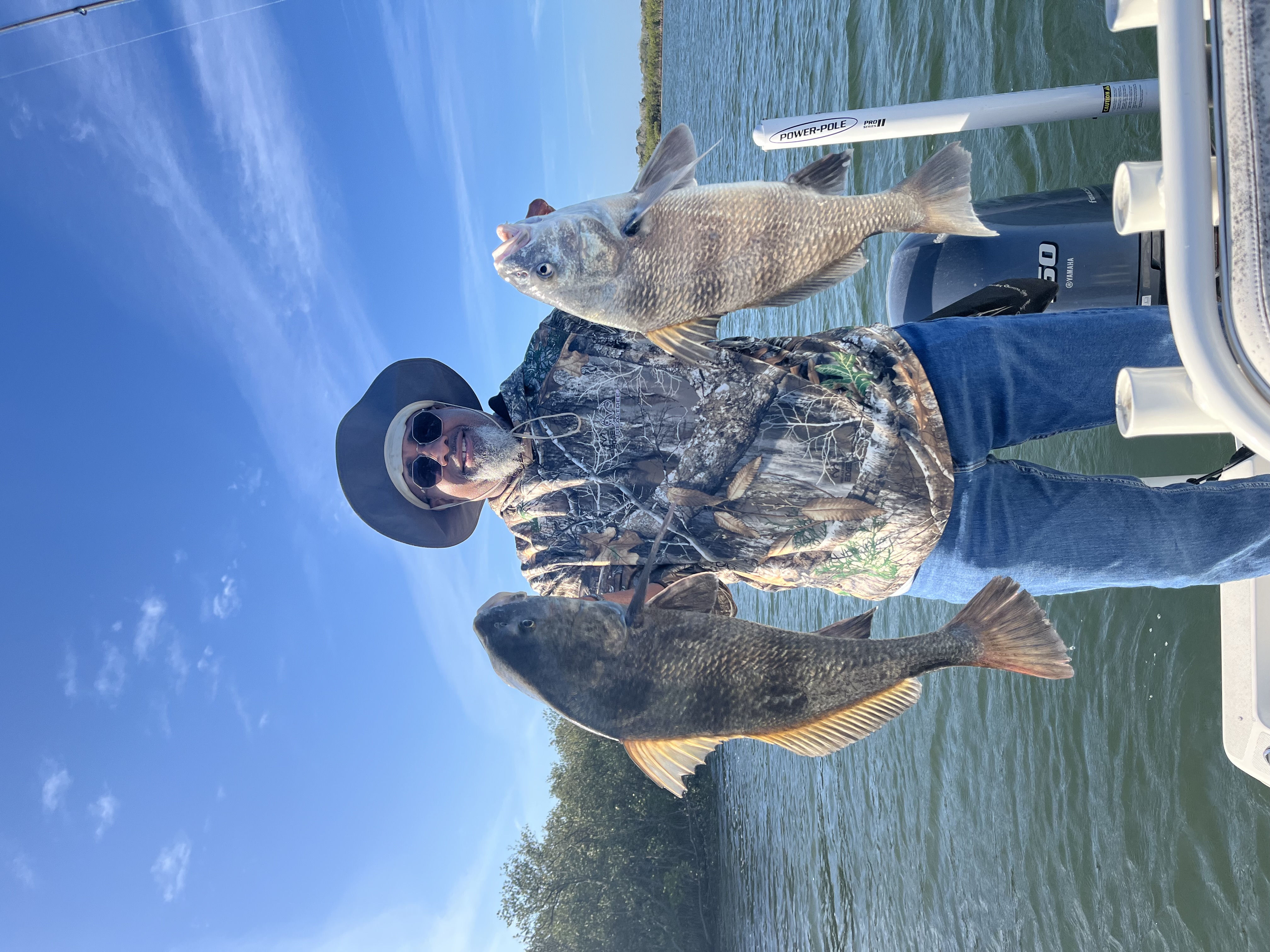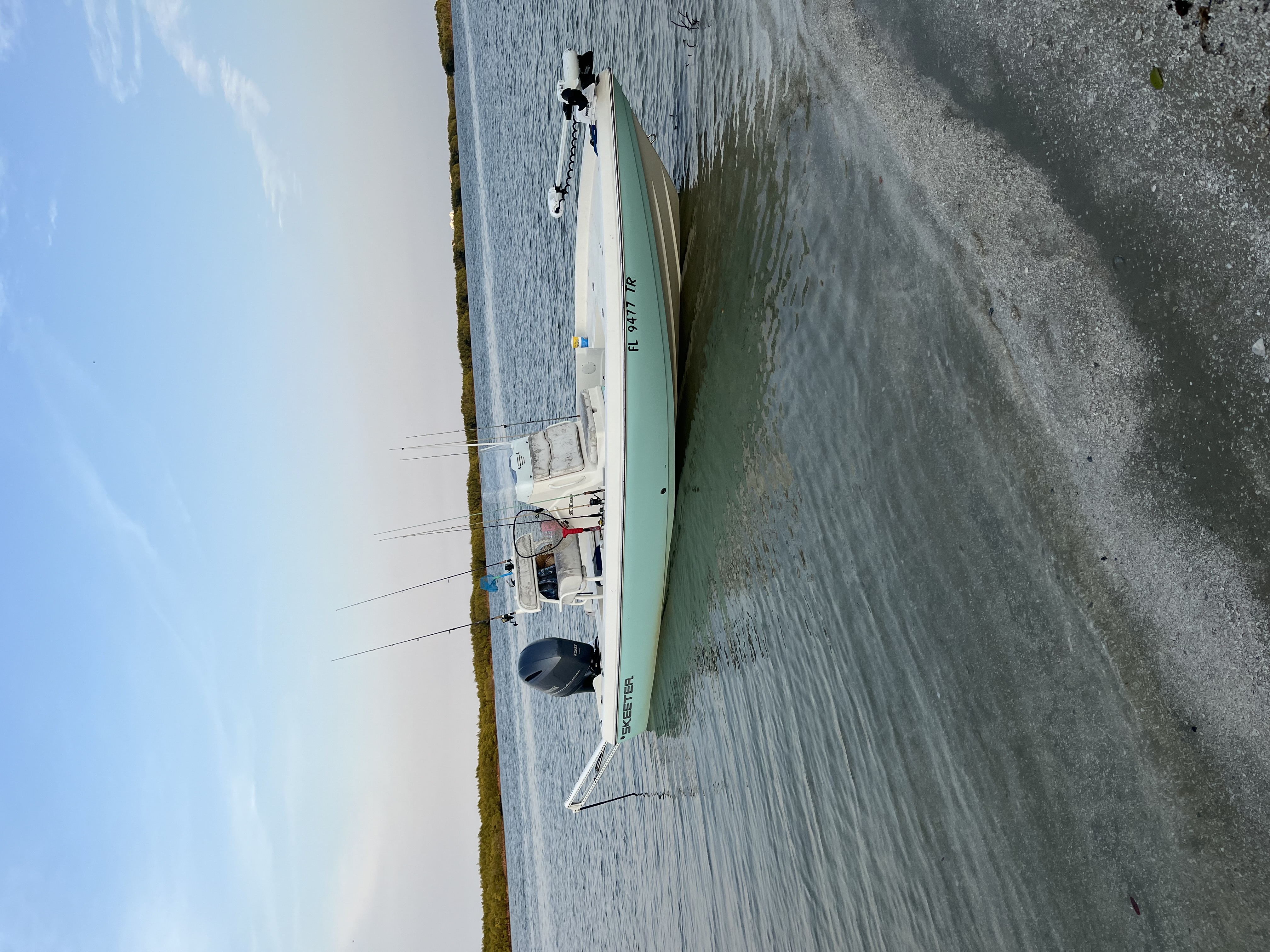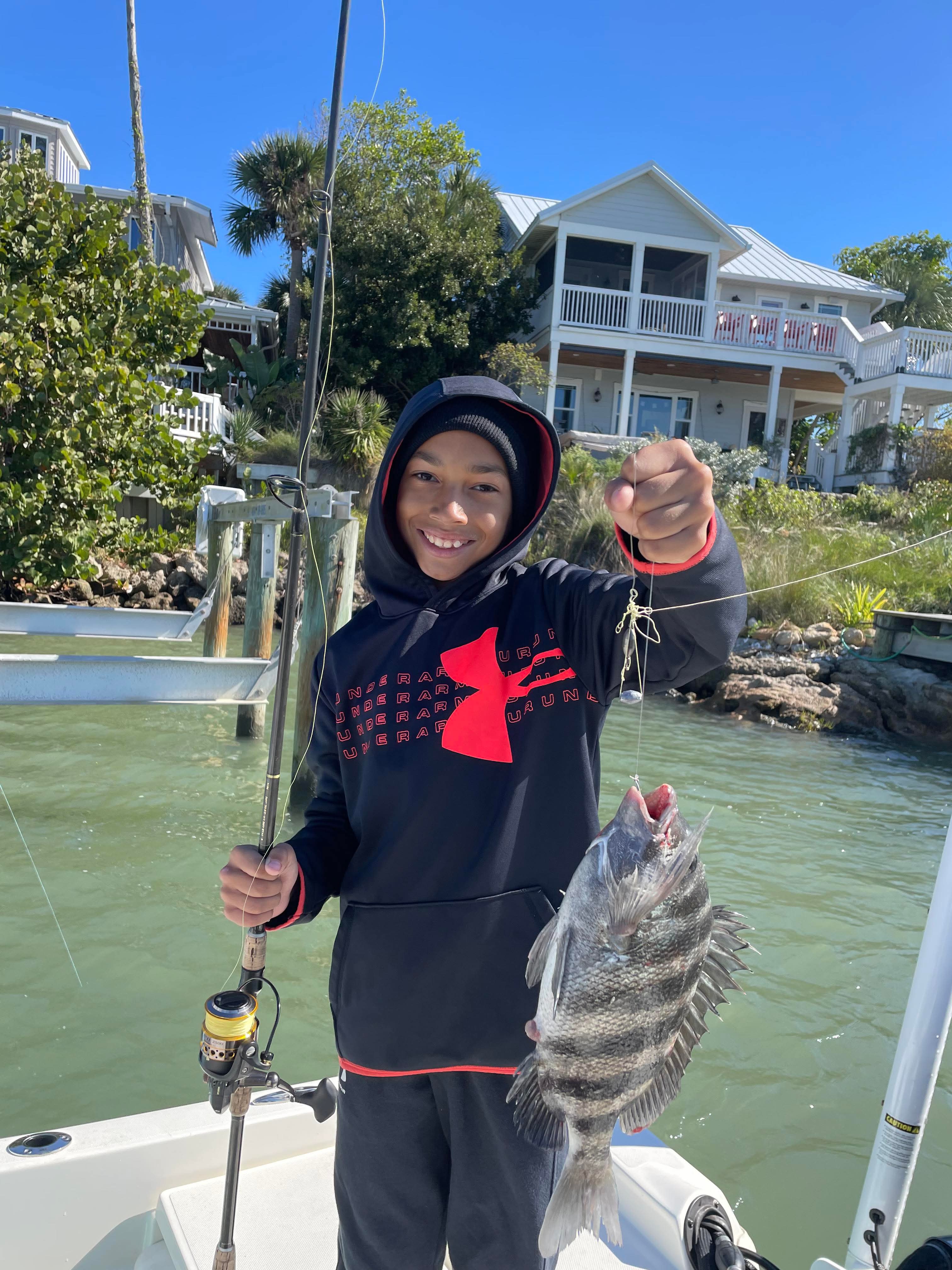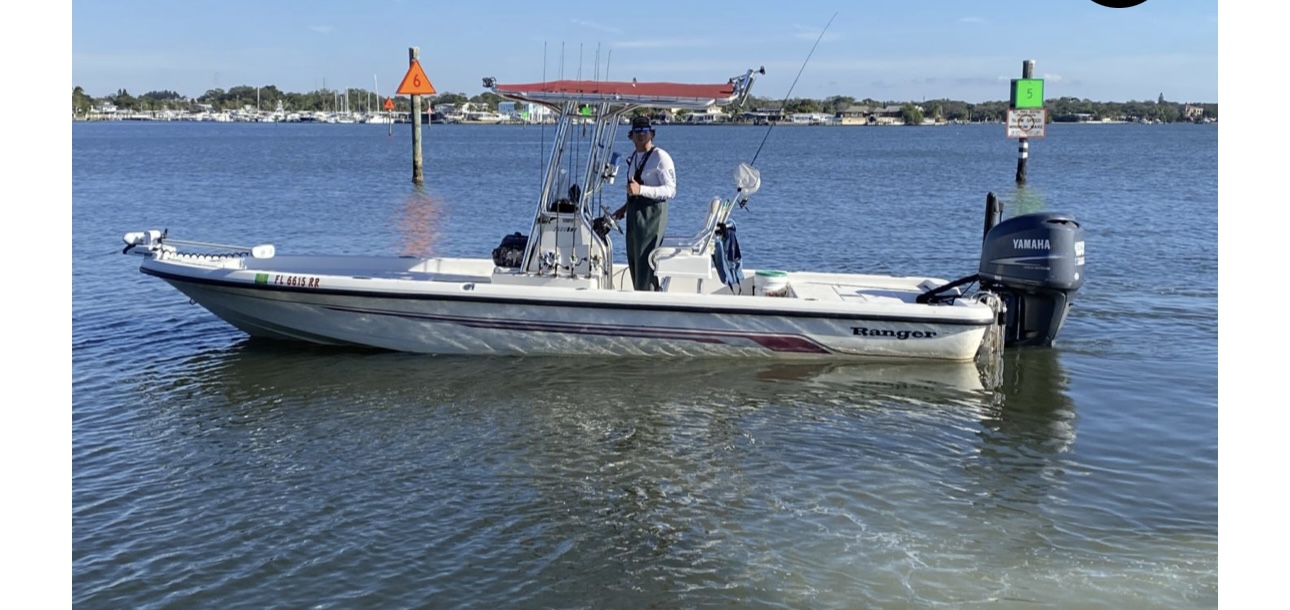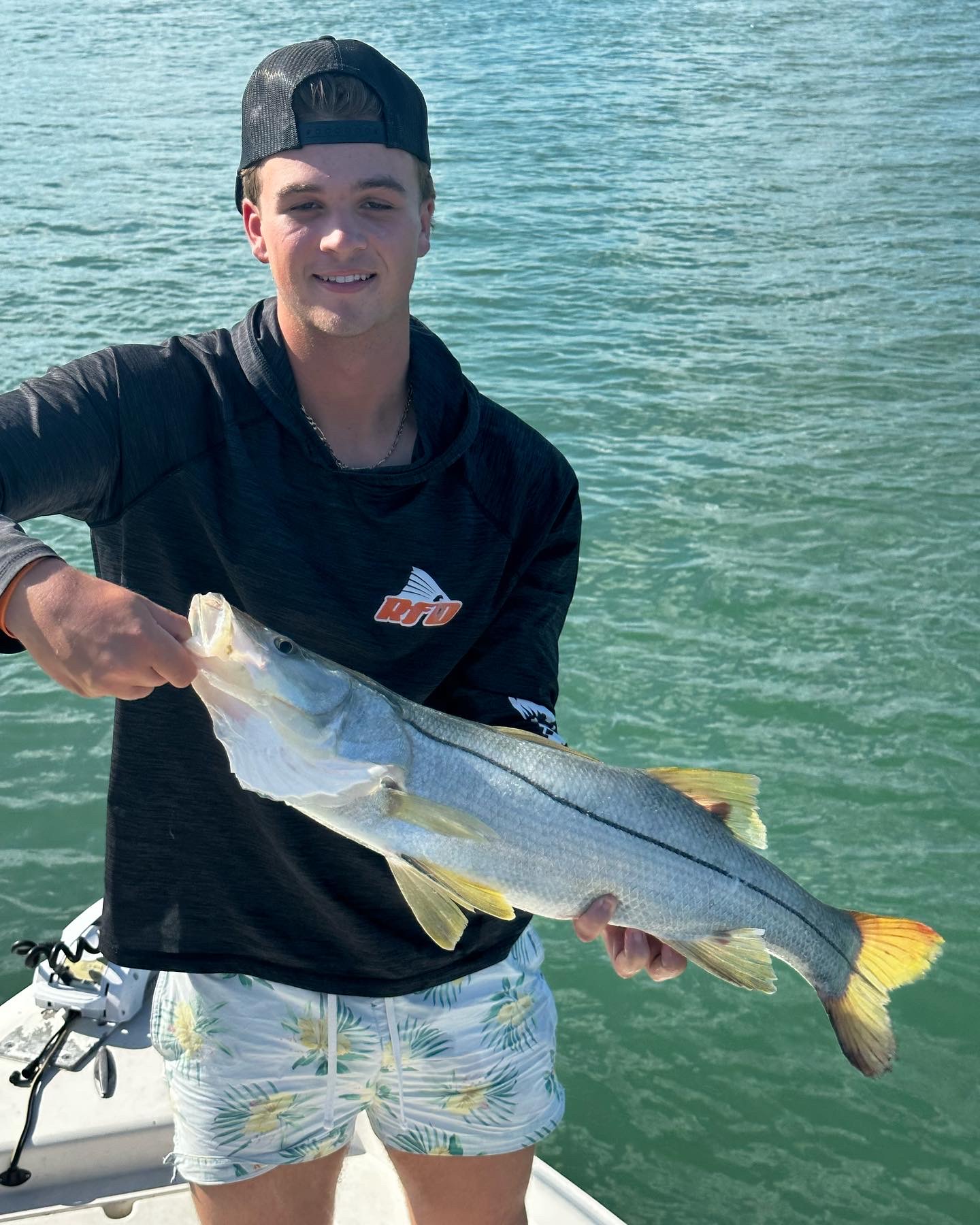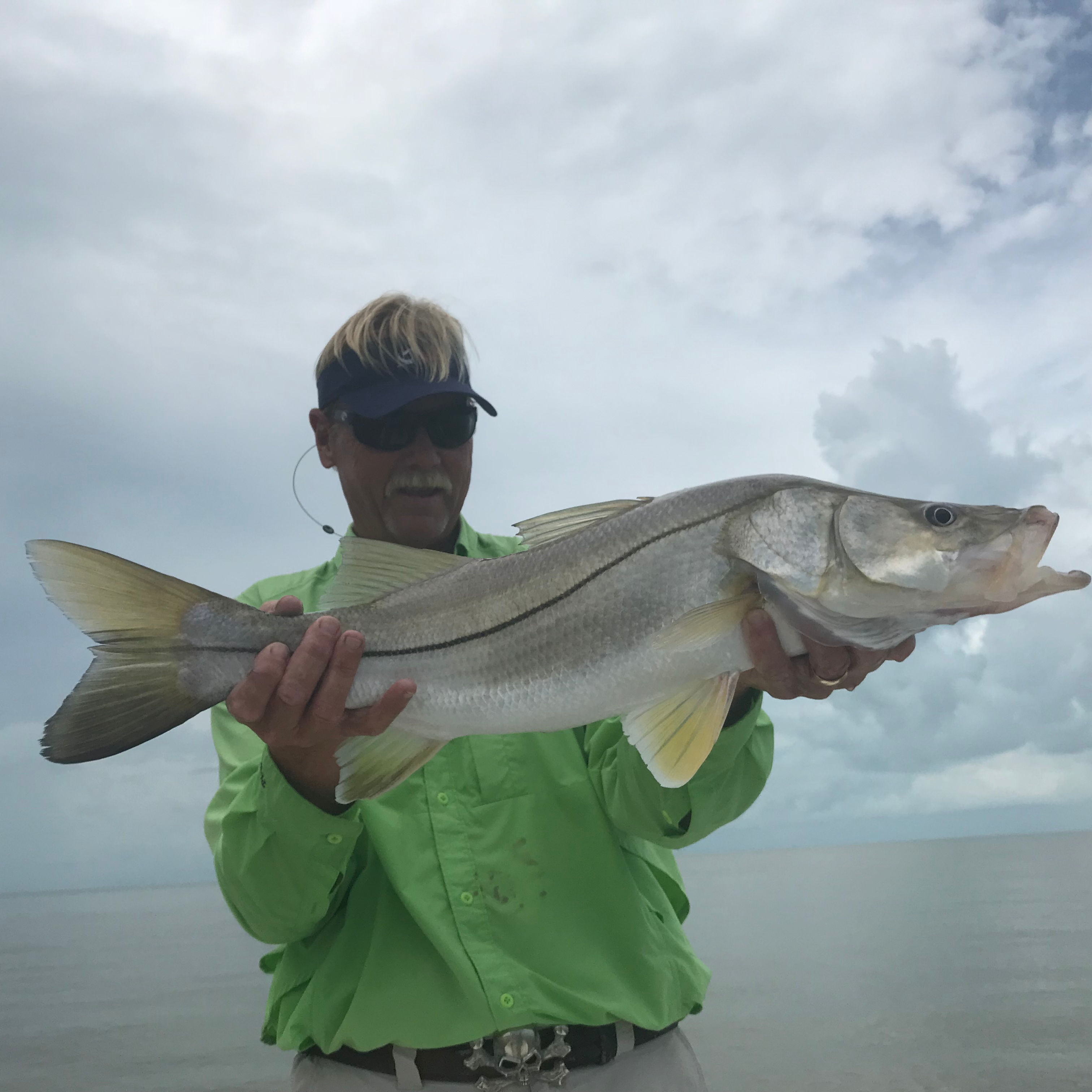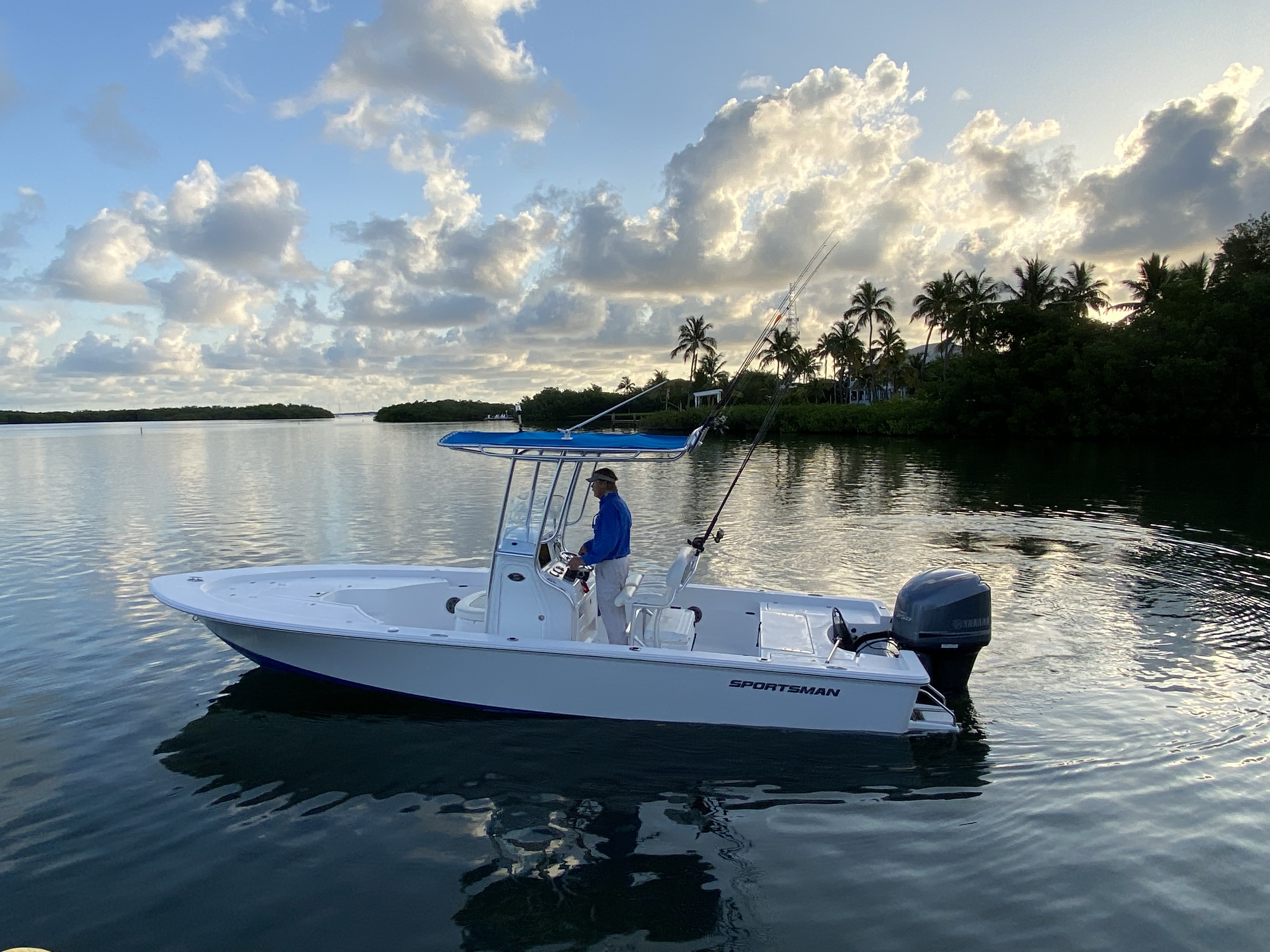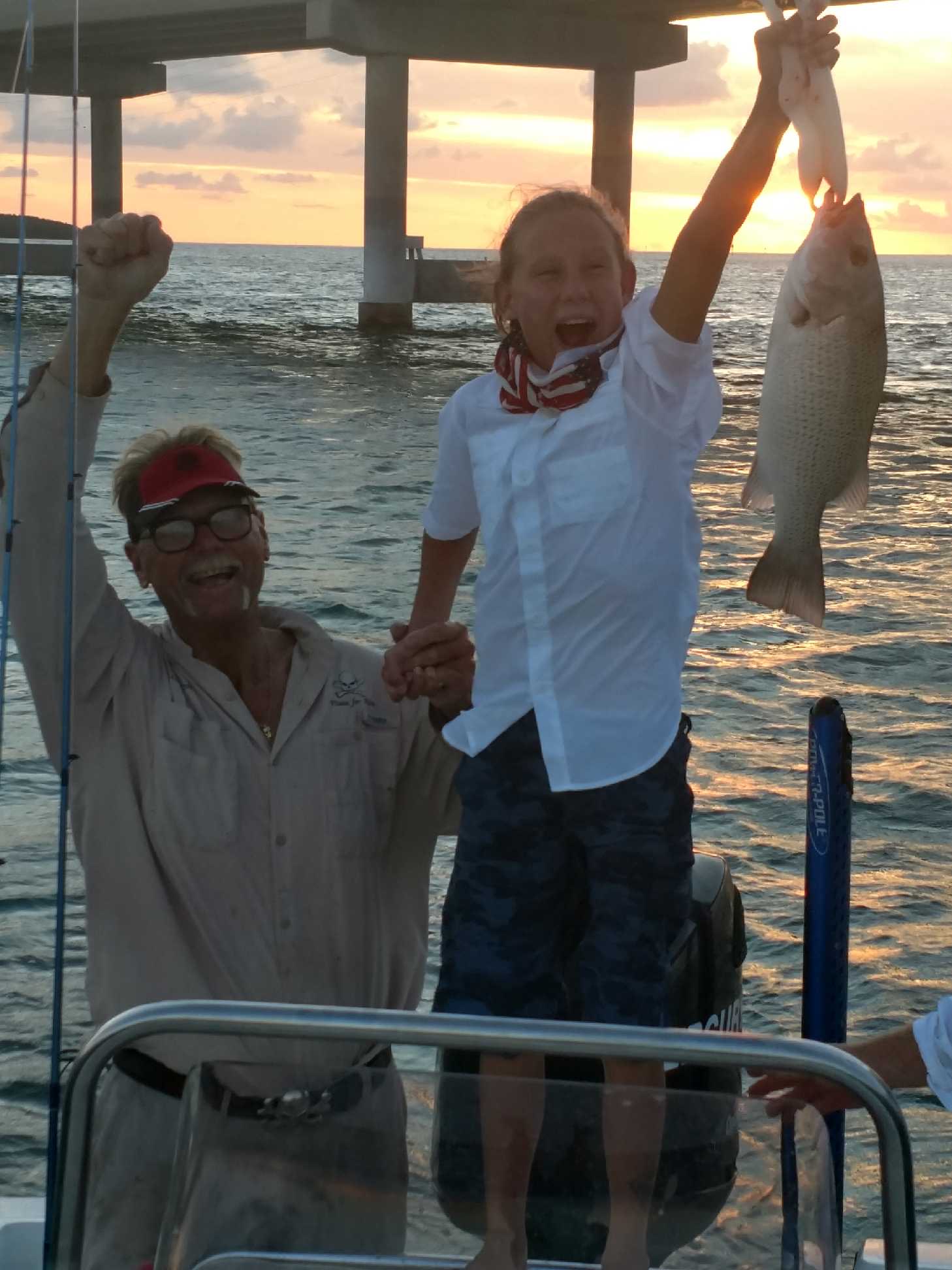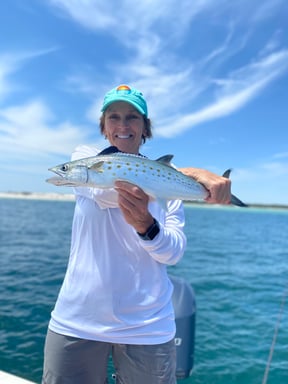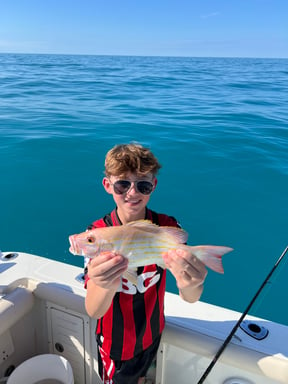Inshore, Nearshore, Jetty in Fort Walton Beach
Bay Fishing Trip
Inshore, Nearshore, Jetty in Sarasota
Sarasota’s Premier Fishing Trip
Inshore, Nearshore, Jetty in Fort Walton Beach
Captain's Discretion
Inshore, Flats Fishing in Fort Walton Beach
Fun And Fish Combo
Inshore, Nearshore, Flats in Homestead
Fish Trips Everglades National Park
Deep Sea, Nearshore Fishing in Marco Island
Marco Island Charter Fishing
Inshore, Nearshore, Jetty in Edgewater
Inshore Saltwater Adventure
Inshore, Flats Fishing in Edgewater
4hr Inshore Fishing
Inshore, Nearshore, Flats in Indian Rocks Beach
4hr 6hr Or 8hr Inshore
Inshore, Nearshore, Flats in Islamorada
Epic Islamorada Inshore
We started Captain Experiences to make it easy to book fishing and hunting guides around the world. With over 2,000 Damn Good Guides, our platform makes finding and booking a trip seamless. Head here to check out our trips.
When it comes to enjoying the abundant fishing opportunities in Fort Walton Beach, Florida, it's essential to familiarize yourself with the rules and regulations that govern recreational fishing. These regulations are in place to ensure the sustainability of fish populations, protect the marine ecosystem, and maintain a balance between fishing and conservation. In this blog, we'll guide you through the key fishing rules and regulations in Fort Walton Beach.
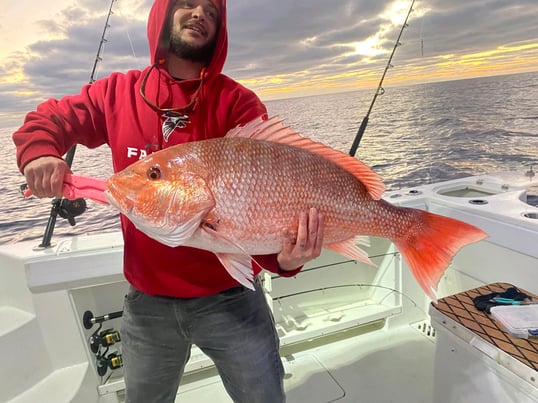
Licensing Requirements in Fort Walton Beach, FL
Before casting your line in Fort Walton Beach's waters, it's crucial to obtain the necessary fishing license. Florida requires anglers aged 16 and older to possess a valid fishing license, which can be obtained online through the Florida Fish and Wildlife Conservation Commission (FWC) website or at authorized retailers. Various types of licenses are available, including annual and short-term options for both residents and non-residents. Additionally, there are special licenses for seniors, military personnel, and disabled individuals. Keep your fishing license with you at all times while fishing to avoid any legal issues.
Bag and Size Limits in Fort Walton Beach, FL
To protect fish populations and ensure sustainable fishing, bag and size limits are enforced in Fort Walton Beach. Bag limits refer to the number of fish an angler can harvest within a single day, while size limits specify the minimum size at which a fish can be legally kept. Here are some of the specific bag and size limits for common fish species in Fort Walton Beach:
Red Drum (Redfish)
The bag limit is 1 per day per angler, with a slot size of 18-27 inches. Catching fish over 27 inches is prohibited. To learn more about fishing for redfish near Fort Walton Beach, visit our Fort Walton Beach redfish blog.
Spotted Seatrout (Speckled Trout)
The bag limit is 4 per day, with a size limit of 15-19 inches. One fish over 19 inches may be kept per day, which counts as part of the daily bag limit.
Flounder
The bag limit is 5 per day, with a minimum size limit of 14 inches. Note that from October 15 to November 30, the bag limit is reduced to 2 per day.
Black Drum
The bag limit is 5 per day, with a slot size of 14-24 inches. One fish over 24 inches may be kept per day and counts as part of the daily bag limit.
Sheepshead
The bag limit is 8 per day, with a minimum size limit of 12 inches.
Protected Species and Closures
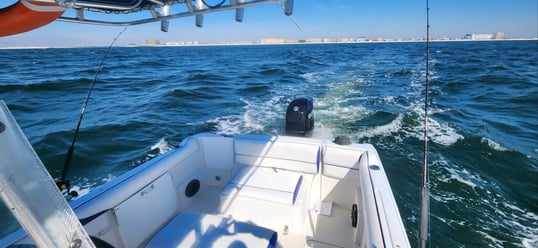
Certain fish species in Fort Walton Beach's waters are protected due to conservation concerns or legal restrictions. It’s essential to familiarize yourself with the protected species list to avoid unintentional harm. Protected species and those with specific regulations include:
Tarpon
Special regulations apply, including mandatory reporting of any tarpon caught that are 40 inches or longer.
Sawfish
All sawfish are protected, and any catch must be released immediately.
Goliath Grouper
Harvesting this species is prohibited; any incidental catch must be released immediately.
Gear Restrictions
Fort Walton Beach has regulations governing fishing gear to prevent excessive damage to the environment and maintain a level playing field for anglers. Some common gear restrictions include:
Fishing Lines
Anglers are limited to the use of two fishing lines.
Bait
Certain types of bait, such as live baitfish, may have restrictions to prevent the introduction of invasive species.
Techniques
Some areas may prohibit the use of gill nets, trammel nets, and other specific types of nets to protect fish populations.
Catch-and-Release Best Practices
Engaging in catch-and-release fishing is an excellent way to contribute to conservation efforts in Fort Walton Beach. However, it's essential to follow best practices to minimize stress on the fish and increase their chances of survival. Use proper handling techniques, such as wetting your hands before handling the fish, avoiding excessive contact with their delicate scales, and using barbless hooks. Release fish gently and promptly back into the water, ensuring they have fully recovered before swimming away.
Reporting and Recording
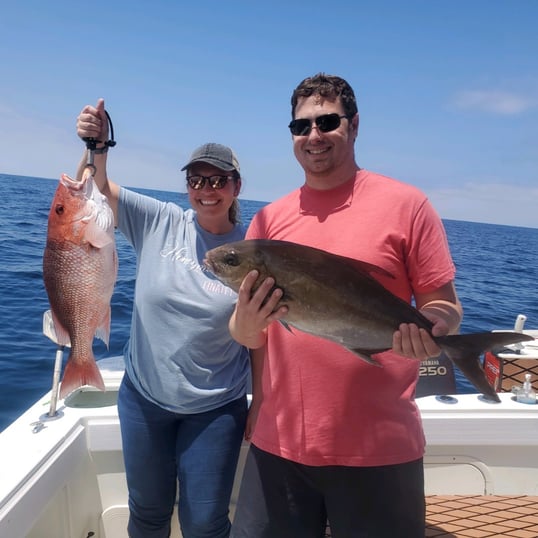
Fort Walton Beach encourages anglers to report their catches and contribute to scientific research and conservation efforts. Some fish species may require anglers to report their catch, either through specific programs or by contacting local authorities. By sharing your fishing data, you can contribute to the understanding of fish populations, habitat health, and the overall management of the area's resources. For more information, check out our updated fishing in Fort Walton Beach blog.
Gavin Abbott
Updated on November 7, 2024
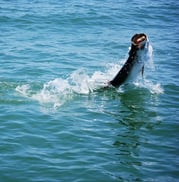
April 15, 2022

May 13, 2024
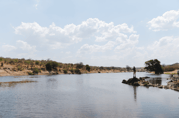
March 8, 2022
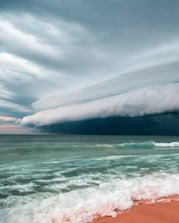
August 21, 2023
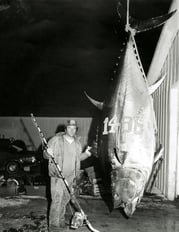
June 3, 2021
Related Articles
June 28, 2024
June 12, 2024
June 13, 2024
Featured Locations
- Fishing Charters Near Me
- Austin Fishing Guides
- Biloxi Fishing Charters
- Bradenton Fishing Charters
- Cabo San Lucas Fishing Charters
- Cancun Fishing Charters
- Cape Coral Fishing Charters
- Charleston Fishing Charters
- Clearwater Fishing Charters
- Corpus Christi Fishing Charters
- Crystal River Fishing Charters
- Dauphin Island Fishing Charters
- Daytona Beach Fishing Charters
- Destin Fishing Charters
- Fort Lauderdale Fishing Charters
- Fort Myers Fishing Charters
- Fort Walton Beach Fishing Charters
- Galveston Fishing Charters
- Gulf Shores Fishing Charters
- Hatteras Fishing Charters
- Hilton Head Fishing Charters
- Islamorada Fishing Charters
- Jacksonville Fishing Charters
- Jupiter Fishing Charters
- Key Largo Fishing Charters
- Key West Fishing Charters
- Kona Fishing Charters
- Lakeside Marblehead Fishing Charters
- Marathon Fishing Charters
- Marco Island Fishing Charters
- Miami Fishing Charters
- Montauk Fishing Charters
- Morehead City Fishing Charters
- Naples Fishing Charters
- New Orleans Fishing Charters
- New Smyrna Beach Fishing Charters
- Ocean City Fishing Charters
- Orange Beach Fishing Charters
- Panama City Beach Fishing Charters
- Pensacola Fishing Charters
- Pompano Beach Fishing Charters
- Port Aransas Fishing Charters
- Port Orange Fishing Charters
- Rockport Fishing Charters
- San Diego Fishing Charters
- San Juan Fishing Charters
- Sarasota Fishing Charters
- South Padre Island Fishing Charters
- St. Augustine Fishing Charters
- St. Petersburg Fishing Charters
- Tampa Fishing Charters
- Tarpon Springs Fishing Charters
- Venice Fishing Charters
- Virginia Beach Fishing Charters
- West Palm Beach Fishing Charters
- Wilmington Fishing Charters
- Wrightsville Beach Fishing Charters
